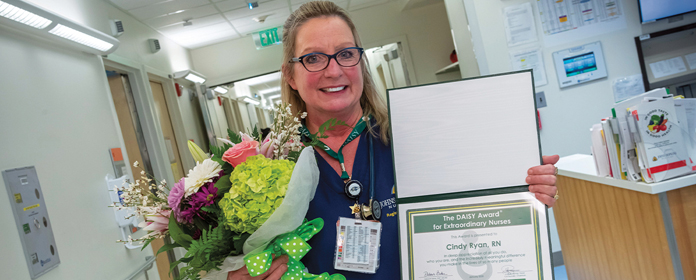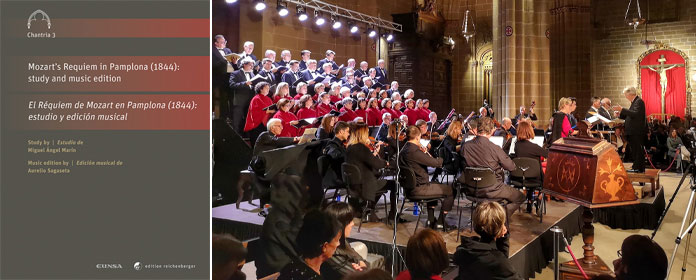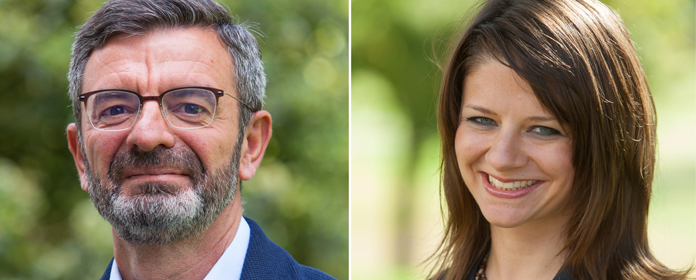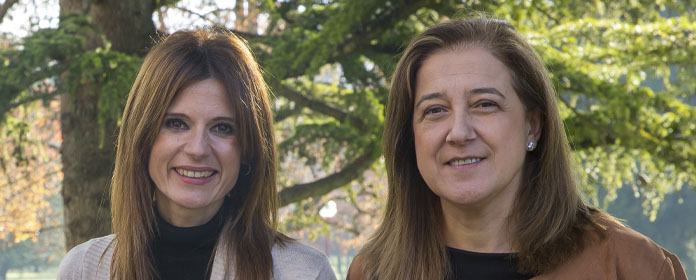La educación del carácter prepara para la convivencia en un mundo global, destaca un experto en educación internacional
Abdeljalil Akkari, profesor de la Universidad de Ginebra (Suiza), participó en una jornada de la Universidad sobre educación del carácter
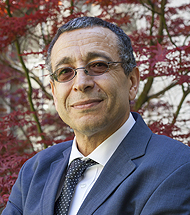
La educación del carácter prepara para la convivencia en un mundo global, “donde las fronteras son más flexibles y tenemos que organizar el vivir juntos”. Así lo afirmó en la Universidad de Navarra Abdeljalil Akkari, profesor de la Universidad de Ginebra (Suiza) -donde dirige un grupo de investigación sobre educación internacional- y consultor habitual de la UNESCO y otras organizaciones.
El experto participó en una jornada del proyecto ‘Investigar y promover educación del carácter en secundaria de Latinoamérica’, que desarrollan conjuntamente la Facultad de Educación y Psicología y el Instituto Cultura y Sociedad, y que financia la World Templeton Charity Foundation.
El profesor Akkari enfatizó que en la sociedad contemporánea es un reto “convivir con nuestros diferentes intereses, modos de vida y valores”, por lo que para educar el carácter es importante “multiplicar las posibilidades de tener experiencias con personas diferentes de la propia realidad social, cultural y política”.
En ese sentido, abogó por la existencia de escuelas mixtas a las que puedan asistir grupos y comunidades diferentes: “Si conocemos al otro en una base cotidiana podemos cambiar nuestra visión de él. Esto es difícil cuando solo vemos al otro en la televisión o de lejos. Hay que vencer las limitaciones estructurales porque la sociedad es desigual”.
Diversidad lingüística y capacidad metacognitiva“La escuela debe considerar la diversidad como un desafío y una oportunidad para aprender de manera diferente. Para ello debe cambiar su forma de trabajar, de organizarse, de gestionar los idiomas…”, apostilló.
Como ejemplo, aludió al caso de la diversidad lingüística: “Cuando un alumno habla un idioma diferente del que se usa en la clase esto suele considerarse como una amenaza para su éxito escolar. Pero las investigaciones demuestran que supone un valor agregado para el niño porque le hace desarrollar la capacidad metacognitiva. Aprende terceras lenguas de manera más fácil porque puede hacer conexiones”.
Por otro lado, el profesor Akkari se refirió a la utilidad de transferir y compartir experiencias exitosas en la educación del carácter. Para ello, recomendó prestar atención a tres aspectos: adaptar la perspectiva de la educación del carácter a la realidad histórica, social, política y educativa del contexto; contar con el cuerpo docente antes de implementar las innovaciones; y llevar a la práctica los conocimientos a través de materiales sencillos de usar (publicaciones, actividades…).
El profesor Abdeljalil Akkari fue uno de los expertos de centros de excelencia en educación del carácter procedentes de EE. UU., Reino Unido, España y Suiza que participaron en la jornada de la Facultad de Educación y Psicología y el Instituto Cultura y Sociedad de la Universidad de Navarra.


